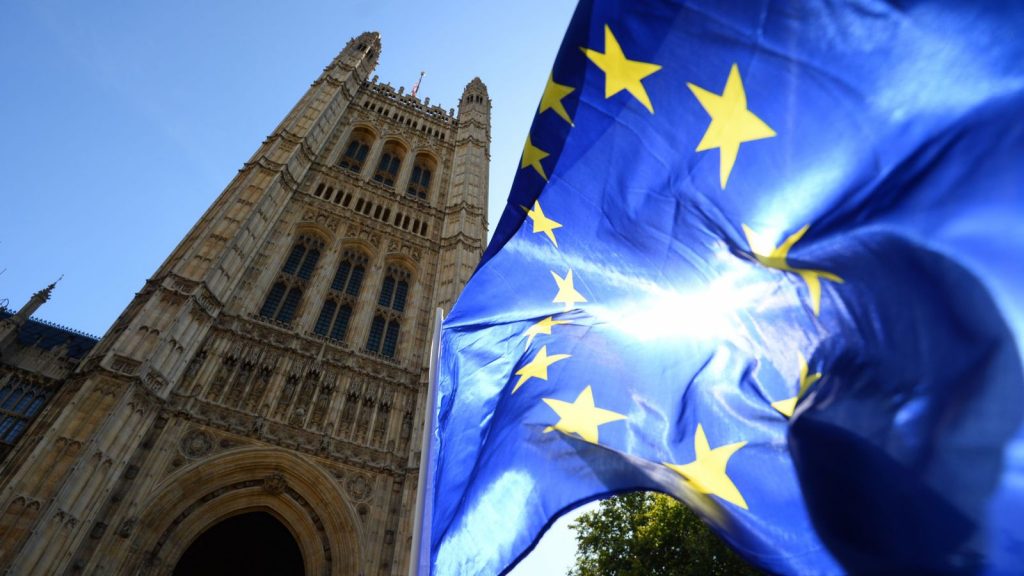
Brexit
Britain shares partial plans with EU to break Brexit deal deadlock
Sky News19.09.2019Read original
Britain has submitted some written documents to the EU to try and break the Brexit deadlock.
It is understood the non-papers, which mean informal proposals used to inform discussions, focus on customs and manufactured goods.
Technical discussions will now take place between Britain and the EU, with talks between Brexit Secretary Stephen Barclay and Brussels’ chief negotiator Michel Barnier to follow tomorrow. Earlier, Finland’s prime minister said Britain had until the end of September to reveal its proposals or “it’s over”.
It marks the first moment Britain has shared any written plans for how it plans to get a new Brexit deal with the EU since Boris Johnson took over as prime minister. The government has been wary of putting anything in writing for fear it will be leaked and rejected by Brussels.
Stephen Barclay is meeting the EU’s Michel Barnier tomorrow. Cabinet minister Grant Shapps stated “What used to happen with [former prime minister] Theresa May is she would put something in writing, they would then shoot it all down and you’d be back to square one. “We’re not falling into the trap of playing that game. Instead, what is actually actively happening is that discussions are ongoing and those who are involved in those discussions – on both sides – are fully aware of them and there are ways to deal with the backstop.”
The government’s announcement comes on the day the 30-day deadline mooted by German Chancellor Angela Merkel for proposals to break the deadlock expired.
Mr Barclay has laid the groundwork for his trip to Brussels by dismissing the claim Britain must provide “legally operative text” to replace the Irish backstop – the contentious part of the deal – by the end of the transition in December 2020.
He said in a speech in Madrid today: “Great political leaders have always respected the need to take risk. “Indeed It was [former French president] General De Gaulle, who said ‘a true statesman is one who is willing to take risks’.
“Yet a refusal by the Commission to accept any risk would be a failure of statecraft. “And put at risk the future relationship of the UK and the EU because of a lack of flexibility, creativity and indeed pragmatism”, he pointed out.
Yesterday, EU Commission President Jean-Claude Juncker said he had “no emotional attachment” to the backstop.
